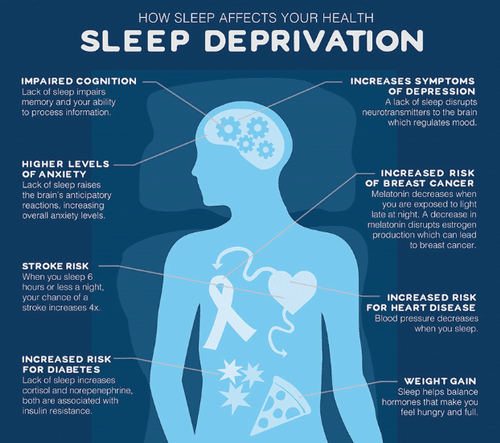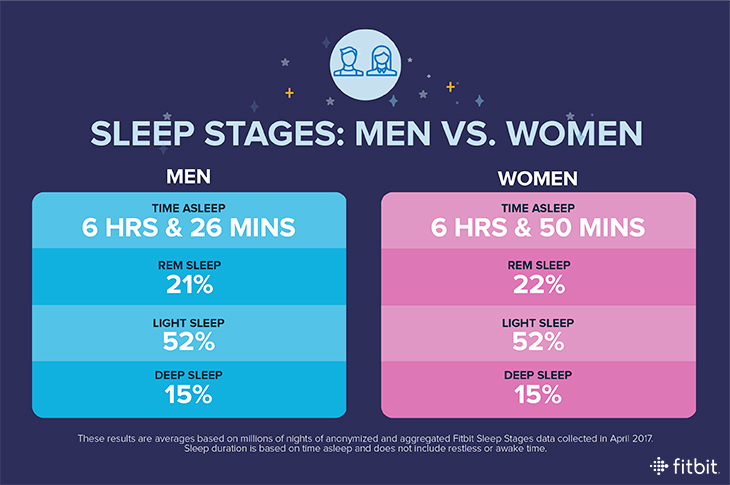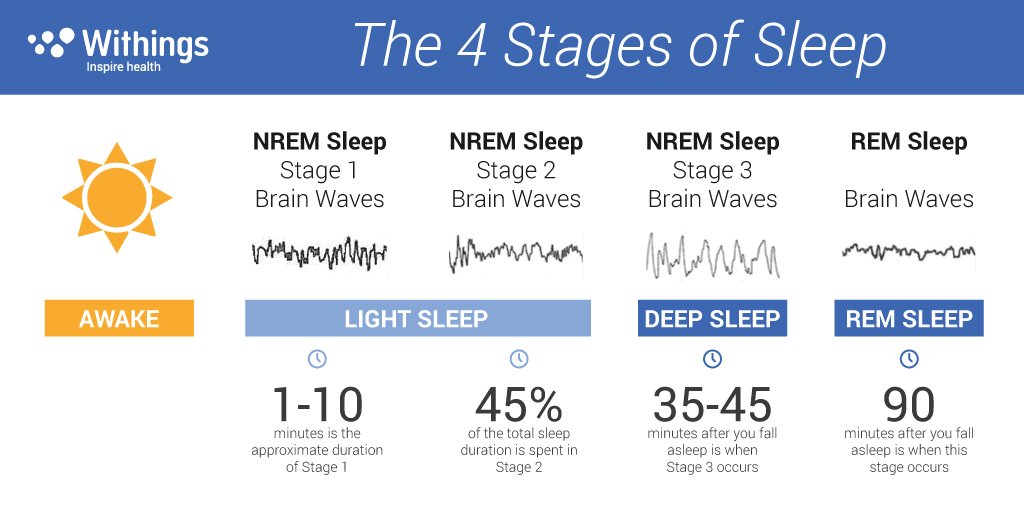

Reaching deep sleep and REM is crucial for proper recovery and rehabilitating your muscles and brain. A truly restorative sleep is one where you cycle through the four stages smoothly, with as little wake time as possible, about 3 to 5 times. However, it's important to keep in mind that the quality of sleep matters just as much as the quantity.

You have probably heard that the average adult needs 7-9 hours of sleep per night. By tracking your sleep patterns with your COROS watch, you can see what changes need to be made to recover better and feel more restored when you start each day. Sleep deprivation negatively affects health in a myriad of ways. Like deep sleep, healthy amount of time spent in REM is 20-25% of your total sleep time. This stage of the sleep process involves dreaming, and also the cementing of activities and acquired knowledge as memories. During deep sleep, your body releases growth. While your body is entirely still with the exception of your eyes (which is how REM gets its name), your brain is actually the most active. While all stages of sleep are necessary for good health, deep sleep offers specific physical and mental benefits. REM (Rapid Eye Movement)ĭuring REM, not only the body but the brain is restored. A healthy amount of time spent in deep sleep is 20-25% of your total sleep time. Your brain activity involves delta waves, which is why this stage is often called slow wave sleep. Some babies are sensitive to position changes and may awaken. Your breathing and heart rate are at their slowest as your body fully relaxes. After about 20 to 30 minutes, they go into deep sleep. This is also the time when your immune system is fortified. When your body enters deep sleep, this is a crucial time for your muscles to repair and rebuild. A healthy amount of light sleep is around 50% of your total sleep time. Your breathing will slow and your body temperature will drop slightly. Non-REM sleep Nonrapid eye movement sleep. This stage is the transition period between "awake" and "deep" sleep, when your body is still partially responsive to the environment but also partially attuned to the restoration that takes place in deep sleep, such as muscle recovery. The sleep cycle is divided into two main stages: non-rapid eye movement (non-REM) and rapid eye movement (REM). The periods of 1-3 minutes spent awake are quite common and rarely is an individual conscious for all, if any, of those awake periods. It is entirely normal for someone to spend upwards of 30 minutes to 1 hour awake during the night, even if there is no memory of the time spent awake.

This is the time measured during the night where you are not fully asleep. The sleep stage "Awake" is as simple as it sounds. The average adult will cycle through these stages 3-5 times per night. Whether measured in a sleep lab or with a wearable device, a recorded night of sleep will be broken down into four unique sleep "stages": Awake, Light, Deep/Slow Wave Sleep (SWS) Sleep and Rapid Eye Movement (REM).


 0 kommentar(er)
0 kommentar(er)
